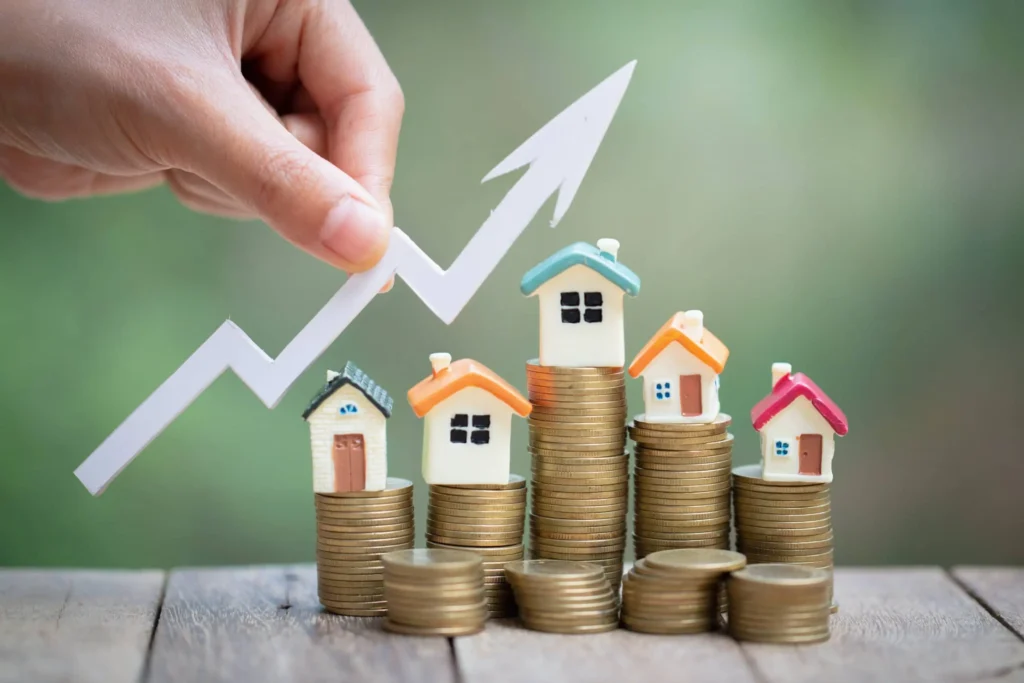According to a recent analysis, homes located near licensed marijuana retail outlets are more likely to appreciate in value.

(Photo credit: Insurify).
The analysis, conducted by Tomo Real Estate, evaluated the correlation between marijuana retailers and home prices in Colorado, Michigan, and Oregon. Researchers compared annual changes in median home prices in zip codes with dispensaries to those in surrounding areas.
The analysis found that homes in towns with dispensaries saw an average annual increase in value of $4,400. These findings align with several other studies released in recent months and years that have reported increased home values for properties near licensed cannabis establishments and in states with legalization.
For the study, Tomo “assessed various factors that cause real estate prices to fluctuate in Colorado, Michigan, and Oregon—states where cannabis is legal and available from storefront merchants, with enough time in-market to identify the pre and post impacts of recreational cannabis dispensaries on home prices.” They examined “the annual increase (or decrease) in median home prices in Zip codes with a dispensary, compared to median home price changes in the surrounding Zip codes, and then aggregated findings across cities in multiple stats to uncover the trends.”
Tomo notes that cannabis dispensaries “are often relegated to less desirable parts of the city”, saying that “Whether due to the social stigma or perceptions of crime, 88% of Zip codes with recreational marijuana dispensaries had significantly lower median household prices than the surrounding areas.”
In Denver, for example, Zip codes with dispensaries had an 80% lower median home price than the rest of the city. And, starting from a lower price point, the median home price in these areas has increased 6.9% points higher than the rest of the city since 2020. To put that into perspective, “median single family home prices in Zip codes with cannabis dispensaries increased $123,000 in the last four years, while the rest of the city only increased $16,000.”
A more extreme scenario is in Detroit, where a typical home near a recreational dispensary sold for just $38,000 in 2020 (compared to $127,000 in the rest of the city). That same home would now sell for $70,000 (a nearly 2x increase in value), where the rest of the city grew by 31% during the same period.
Tomo says “If you move to the west in the state, you can see a more common scenario. Dispensaries that opened in Kalamazoo, MI were in an area with a 43% lower median home price than the rest of the city, but its 3-year home price increase was 8.8 percentage points higher than the rest of the city. In Grand Rapids, it’s the same story: Zip codes with a cannabis dispensary grew 3 percentage points higher than areas without; and in Whitmore Lake, MI, values grew by 5.4 percentage points. That means that, in Whitmore Lake, home prices increased an additional $20,000, each year, compared to similar markets nearby without a retail dispensary.”






